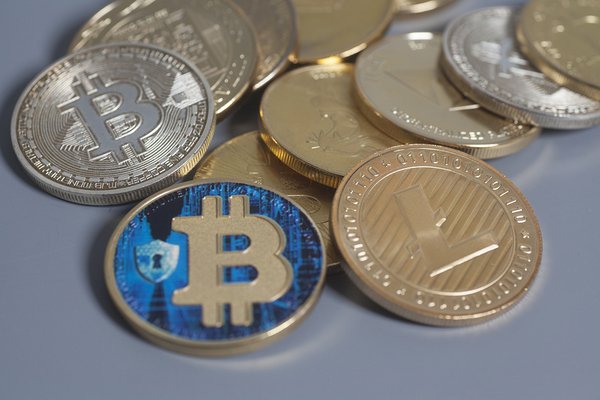Should You Invest in ICOs or Altcoins?

Initial coin offering (ICOs) enjoyed their best ever year in 2017. In the past year, they raised over $4.5 billion dollars from 400-plus token sales.
Not only did these token sales generate funding for blockchain startup companies, they outperformed the number one currency, bitcoin. It was also a good year for the big playing altcoins. Some of these currencies enjoyed returns of up to several thousand percent.
This article explains how ICOs and altcoins work, and look at the pros and cons of investing in both.
How Do ICOs Work?
An Initial Coin Offering (ICO), is a new form of blockchain fundraising through the sale of new tokens to startup investors.
ICOs are popular among startups as they are an innovative way to raise finances without borrowing money or surrendering equity. It is not only blockchain startups using ICOs now; major companies like Kodak and Overstock are also getting involved.
ICOs are appealing to investors as they provide a way to invest in blockchain projects with high potential. If a blockchain startup team can deliver, their tokens have the potential to multiply in value.
That said, investing in an ICO comes with substantial risks. With so many ICOs now being launched weekly, a lot of these projects are falling by the wayside. Therefore, it is important to do your research before investing in ICOs.
How Do Altcoins Work?
Altcoins originally referred to an alternative currency to the leader of the pack, bitcoin. Today, altcoins refer to bitcoin alternatives that did not launch via a token sale.
Monero (XMR), Litecoin (LTC), and Ripple (XRP) are three of the best performing altcoins in the digital currency market. Altcoins are similar to ICOs in the sense that they also can have unique features and purposes.
For example, Litecoin was designed with the purpose of being faster than bitcoin, while Ripple was created for bank payments and Monero was built for anonymous transactions.
Investors are drawn to altcoins as they are yet to go through the cycle of maturity that bitcoin has, and as a result, they may have higher profit potential. In other words, any one of them could potentially become "the next big thing."

So, ICOs or Altcoins?
One of the main advantages altcoins have over ICOs is that they have been in operation a lot longer than ICOs. As a result, they are more proven and are also generally not as volatile.
In contrast, ICOs are the currencies with the highest risk, as their success depends on a single blockchain project that may not succeed. A recent study by Deloitte highlighted this, with results showing nine out of ten blockchain projects on GitHub failing. ICO investments can be characterized as potentially the riskiest investments in the world of New Finance because of their uncertain future.
Thus, when it comes to investing in leading altcoins or ICOs, altcoins represent the better investment in terms of risk and reward. Keep in mind, when investing in any digital currency, it is important to do your research and make sure you are not investing more than you can afford to lose.
To keep up-to-date on the latest ICO and altcoin investment opportunities, subscribe to the Bitcoin Market Journal investor newsletter today!
be careful, icos and altcoins are usually the penny stock or penny stocks
How do you get 68 upvotes and only 5 views of the post? Steem has some issues lets face itAs of ico's, half of them are already dead.